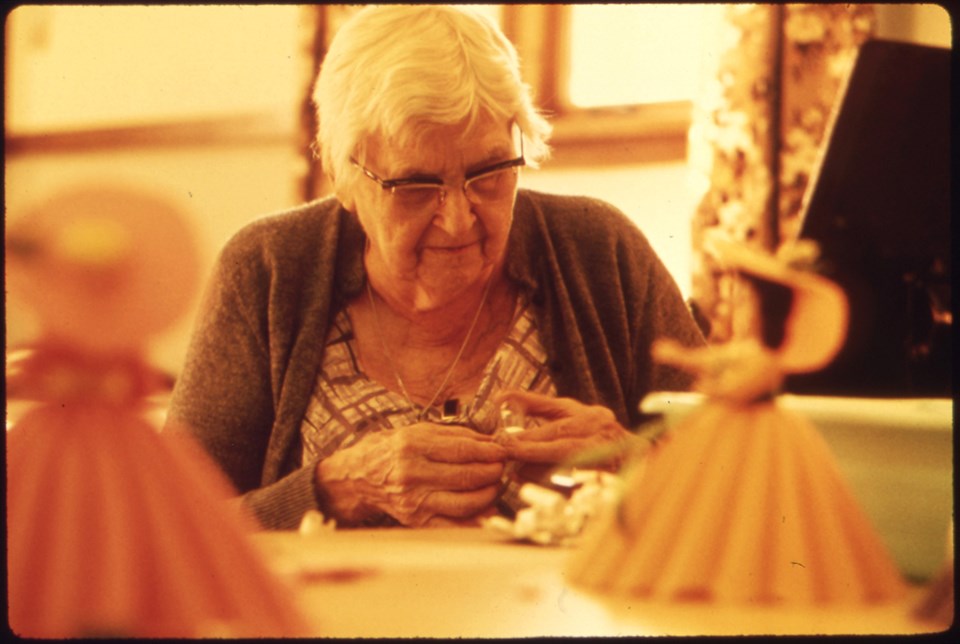The “sandwich generation” is about to be wooed for their votes in May’s provincial election.
The BC Care Providers Association is calling on the province to commit an additional $337 million for seniors care over the next five years.
It’s enlisting the support of people who are caught between taking care of their children and addressing the needs of their aging parents.
A recent Insights West study says nine out of 10 people in the so-called sandwich generation are experiencing a wide range of challenges, the BCCPA says. They are also increasingly concerned that the province is not prepared for the demands that are about to be placed on seniors care.
In B.C., the number of people older than 65 is estimated to grow from 730,500 in 2012 to 1,419,900 by 2036 — almost double in less than 25 years.
The BCCPA represents private care homes and private home care providers. It recently launched its “Care Can Be There” campaign asking the provincial government to:
• Set 3.36 direct care hours per day, per senior as a minimum in publicly funded care homes
• Increase the minimum home care visit from the current 15 minutes to 30 minutes
• Invest up to $5 million per year over the next five years to recruit, train and retain the necessary workers to support a rapidly ageing population
• Allocate up to $20 million to re-purpose underutilized/unused care beds in order to meet the B.C. government’s commitment to further expand end-of-life care by 2021
In a Future of B.C. Housing report issued by Resonance Consultancy, SFU city program director Andy Yan is also warning that we are not prepared for the massive surge of aging Baby Boomers about to put pressure on infrastructure and housing.
“British Columbians aged 90 or older will almost double in the next decade, while those considered retirement age or seniors will grow by almost 50 per cent,” he says in the report. “This will produce some profound questions about housing, economic development and social infrastructure. How do we service that population? We will see a demographic mix that is unprecedented to any previous generations.
“Indeed, on a provincial level, 2016 represents an inflection year where the working population supports more people over the age of 65 than under the age of 19 — a pattern that has never occurred.”
To highlight the issues before May’s provincial election, the BCCPA is hosting an all-candidates’ debate at the Terminal City Club on February 23. It will feature New Westminster NDP MLA Judy Darcy, the official opposition health critic; Vancouver-Langara Liberal candidate Michael Lee; and New Westminster Green Party candidate Jonina Campbell. It’s from 11:30 a.m. to 2 p.m..
Tickets to the forum, which includes lunch, are $75 for BCCPA members and $125 for non-members. Register at bccare.ca.
By the numbers*
• In BC, the number of people aged 65+ is estimated to grow from 730,500 in 2012 to 1,419,900 by 2036
• By 2036, almost 25% of BC residents will be 65 or older
• While Canadians older than 65 account for less than 14 per cent of the population, they consume nearly 44 per cent of provincial and territorial government health care dollars
• However, the share spent on Canadian seniors has not changed much—from 43.6 per cent in 1998 to 43.8 per cent in 2008
*From the BC Care Providers Association



